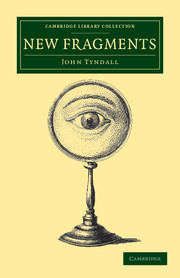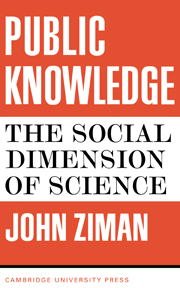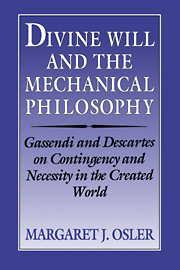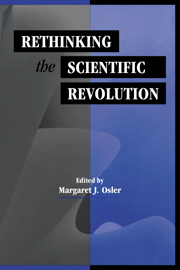Atoms, Pneuma, and Tranquillity
This volume examines the influence that Epicureanism and Stoicism, two philosophies of nature and human nature articulated during classical times, exerted on the development of European thought to the Enlightenment. Although the influence of these philosophies has often been noted in certain areas, such as the influence of Stoicism on the development of Christian thought and the influence of Epicureanism on modern materialism, the chapters in this volume contribute a new awareness of the degree to which these philosophies and their continued interaction informed European intellectual life well into early modern times. The influence of the Epicurean and Stoic philosophies in the areas of literature, philosophy, theology, and science are considered. Many thinkers continue to perceive these philosophies as significant alternatives for understanding the human and natural worlds. Having become incorporated into the canon of philosophical alternatives, Epicureanism and Stoicism continued to exert identifiable influences on scientific and philosophical thought at least until the middle of the eighteenth century.
- Should be put in philosophy, history and philosophy of science, and classics sections of bookshops
- An in-depth and detailed study of the way European thought has been influenced by the ancient Greek philosophies of the Epicureans and Stoics
- A rough explanation of the title: - Pneuma: breath, spirit, soul - Tranquillity: both the Stoics and the Epicureans believed that a good life led to a state of tranquillity
Reviews & endorsements
"...an important and ground-breaking volume in a rapidly developing field...." Choice
"...will amply reward the careful consideration it demands." Eric R. Meyer, ISIS
Product details
August 2005Paperback
9780521018463
320 pages
229 × 152 × 18 mm
0.47kg
Available
Table of Contents
- Introduction Margaret J. Osler and Letizia A. Panizza
- 1. Ethics and logic in stoicism Gerard Verbeke
- 2. Medieval connectives, Hellenistic connections: the strange case of propositional logic Calvin G. Normore
- 3. Stoic psychotherapy in the Middle Ages and Renaissance: Petrarch's De Remediis Letizia A. Panizza
- 4. Alonso de Cartagena and John Calvin as interpreters of Seneca's De Clementia Nicholas G. Round
- 5. The Epicurean in Lorenzo Valla's On Pleasure Maristella de P. Lorch
- 6. Seneca's role in popularizing Epicurus in the Renaissance Louise Fothergill-Payne
- 7. Stoic contributions to early modern science Peter Barker
- 8. Fortune, fate, and divination: Gassendi's voluntarist theology and the baptism of Epicureanism Margaret J. Osler
- 9. Epicureanism and the creation of a privatist ethic in early seventeenth-century France Lisa Tunick Sarasohn
- 10. Robert Boyle on Epicurean atheism and atomism J. J. Macintosh
- 11. Stoic and Epicurean doctrines in Newton's system of the world B. J. T. Dobbs
- 12. Locke, Willis, and the seventeenth-century Epicurean soul John P. Wright
- 13. The Epicurean way of ideas: Gassendi, Locke, and Berkeley Thomas M. Lennon
- 14. The stoic legacy in the early Scottish enlightenment M. A. Stewart.







